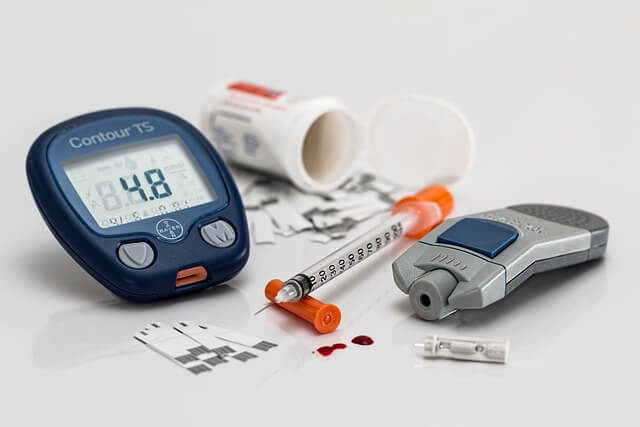New research published in the journal Diabetologia has found an interesting link between type 2 diabetes (T2D) and the risk of developing dementia later in life.
According to the study conducted by PhD student Jiaqi Hu and Professor Elizabeth Selvin of the Johns Hopkins Bloomberg School of Public Health, along with their colleagues, the risk of dementia increases the earlier a person develops T2D.
What they wanted to explore was the connection between prediabetes and dementia. You see, prediabetes is that intermediate stage where blood sugar levels are elevated but haven’t quite reached the threshold for a T2D diagnosis. It’s a phase that comes with a high risk of progressing to diabetes, and it’s also associated with other health outcomes. Interestingly, most people who end up with T2D go through this prediabetes stage first.
Now, the risk of transitioning to T2D for people with prediabetes is quite substantial. Among middle-aged adults with prediabetes, about 5-10% develop T2D each year, and a whopping 70% of them progress to T2D over their lifetime. Just imagine, in the US alone, there are around 96 million adults with prediabetes, making up almost 40% of the adult population. That’s quite significant!
To dig deeper into the potential risks of dementia associated with prediabetes, the researchers analyzed data from participants in the Atherosclerosis Risk in Communities (ARIC) study. These individuals, aged 45-64, came from four different US counties. The study period they focused on was from 1990 to 1992 when they measured glycated hemoglobin (HbA1c) levels, which indicate blood sugar control, as well as cognitive function.
They used a scoring system that included three cognitive tests administered during visits 2 and 4, an expanded neuropsychological ten-test collection starting from visit 5, and interviews with informants using the Clinical Dementia Rating (CDR) scale and the Functional Activities Questionnaire (FAQ). They also conducted the Mini-Mental State Examination (MMSE). The participants were followed up until 2019 to see how things unfolded.
Now, the researchers defined prediabetes as glycated hemoglobin (HbA1c) levels between 39-46 mmol/mol (5.7-6.4%). They also kept an eye on subsequent diagnoses of T2D during the follow-up period.
What they discovered was quite intriguing. When they looked at participants without diabetes at the beginning, they found that 20% of them had prediabetes. However, when they took into account the development of diabetes after the study’s baseline period, they didn’t find a significant association between prediabetes and dementia. That was a bit surprising. But here’s the kicker: they did find that the age at which individuals progressed to T2D had a strong impact on dementia risk. Those who developed T2D before the age of 60 had a threefold increased risk of dementia. The risk decreased to 73% for those between 60 and 69 years old, and to 23% for those between 70 and 79 years old. Interestingly, individuals aged 80 or older who developed T2D didn’t show an increased risk of dementia.
So, what does all of this mean? Well, the researchers conclude that while prediabetes is associated with the risk of dementia, that risk is mainly explained by the development of diabetes. In fact, the onset of diabetes at an early age seems to have the strongest connection to dementia. It’s a fascinating finding because it suggests that if we can prevent or delay the progression from prediabetes to diabetes, we can significantly reduce the future burden of dementia.

